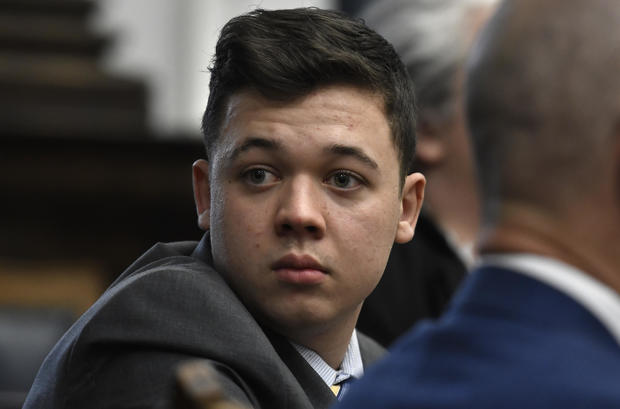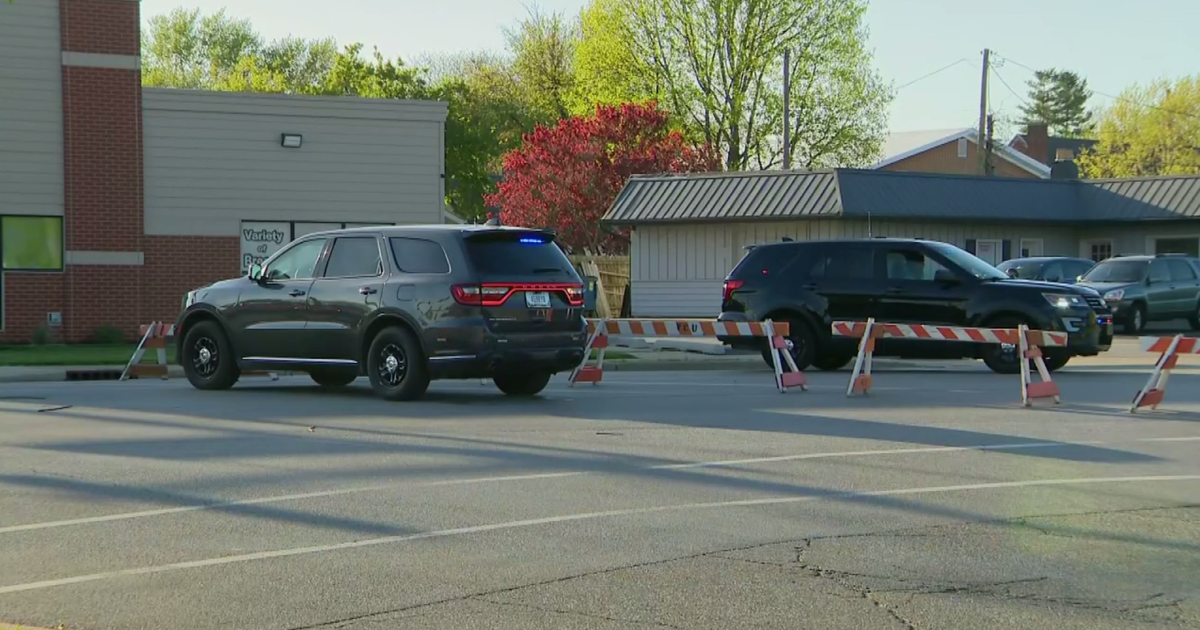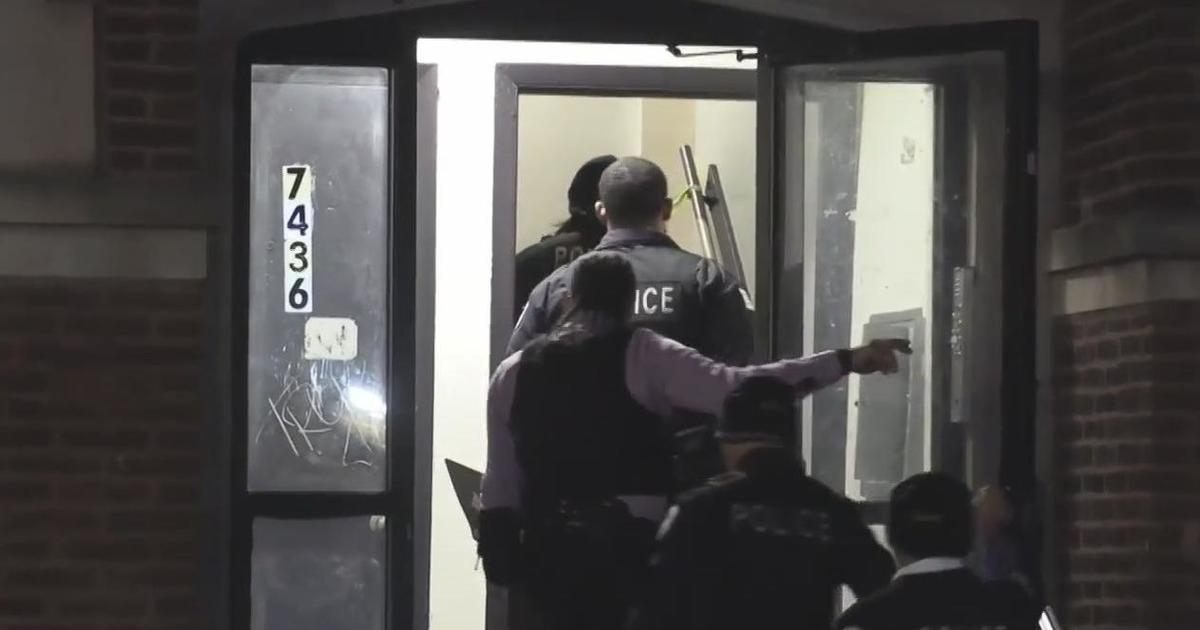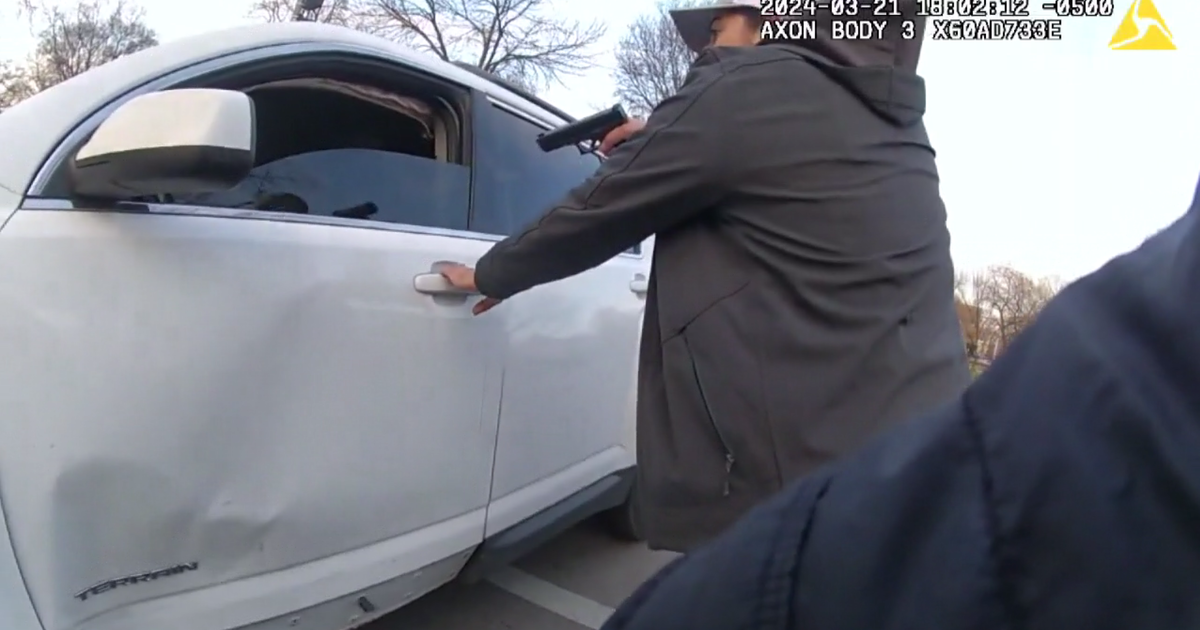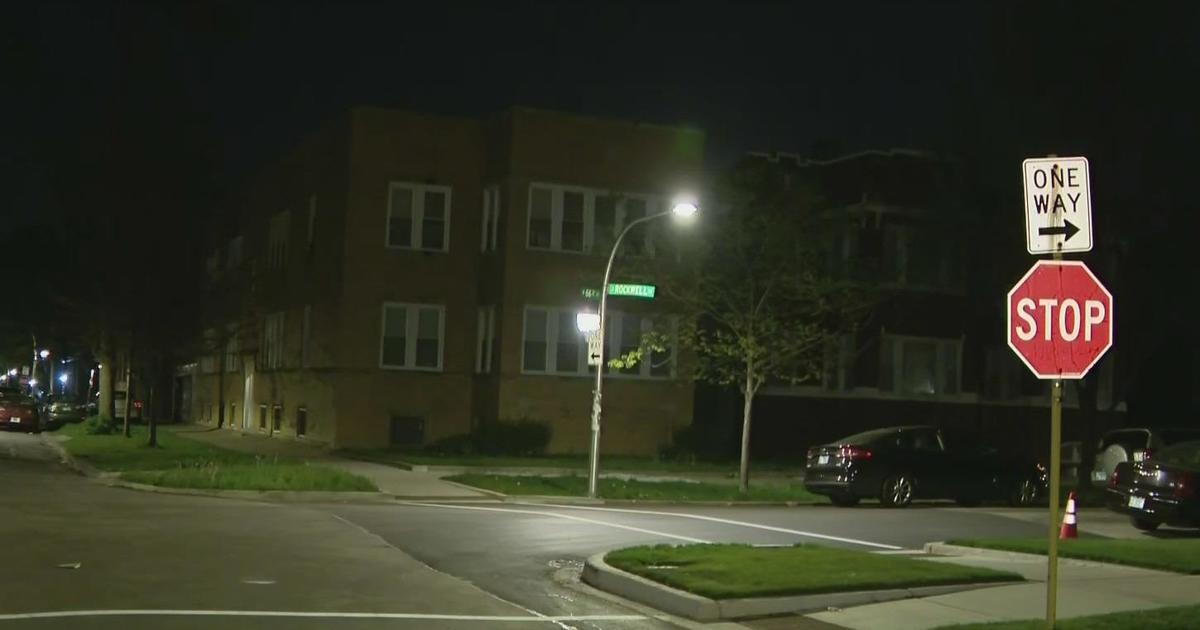Judge denies motion to dismiss lawsuit by family of man who was shot, killed by Kyle Rittenhouse
MILWAUKEE (CBS) -- A federal judge in Milwaukee on Wednesday ruled that the family of a man killed by Kyle Rittenhouse back in 2020 may pursue a lawsuit against Rittenhouse and the Kenosha officials.
On Aug. 25, 2020, two nights after police shot and wounded Jacob Blake, Rittenhouse shot three men amid civil unrest in Kenosha, Wisconsin. He killed Anthony Huber and Joseph Rosenbaum and wounded Gaige Grosskreutz in the arm.
Rittenhouse argued self-defense and was acquitted at trial in 2021.
On Wednesday, Milwaukee U.S. District Judge Lynn Adelman ruled against motions to dismiss Huber's family's lawsuit against Rittenhouse on wrongful death grounds – and also against the City of Kenosha, the Kenosha County Sheriff's office, and other government bodies that were involved with policing the demonstrations and unrest.
The complaint by Huber's father, John Huber, claims that officers who were policing the protests following the shooting that wounded Blake were "antagonistic toward the demonstrators," according to the judge's order. The complaint also said a curfew put in place was aimed at protesters – but not others in Kenosha who might have been violating the order.
The complaint went on to say two nights after police shot Blake, "armed individuals" started coming to Kenosha on a Facebook invitation – with some proclaiming on Facebook that they wanted to
"kill looters and rioters," among other belligerent language, according to the judge's order. The complaint claimed many of the people who responded to the invitation were "avowed racists."
The complaint went on to say the commanders in charge of law enforcement were aware of these armed people coming to Kenosha – and pointed out Rittenhouse as one of these armed people. As quoted in the judge's order, the complaint claimed Rittenhouse "was brandishing his gun openly and conspicuously, strapping it over his shoulder using a tactical sling designed to position the rifle at the center of his chest for rapid elevation and positioning."
The complaint further said police should have questioned whether Rittenhouse could legally possess the rifle he was carrying in Wisconsin since he appeared to be a minor, but they never did.
With the curfew in place, the complaint said, "Defendant Rittenhouse and others were subject to a different set of rules and were allowed to move about freely in areas controlled by the Law Enforcement Defendants." The complaint said video shows officers "not only provided armed individuals with water, but they voiced their support and appreciation for the actions of Defendant Rittenhouse and others, saying: 'We appreciate you guys, we really do,'" according to the judge's order.
The complaint further accused police of funneling the protesters out of a park where they had gathered and south on Sheridan Road toward the armed people. Afterward, Rittenhouse first shot and killed Rosenbaum – and then shot and killed Huber, who the complaint said was "trying to disarm (Rittenhouse), stop the shooting, and save the lives of others."
"According to the complaint, the only reason Rittenhouse was allowed to walk away after shooting three people was because he was white and because he was affiliated with the armed individuals," the judge's order said.
The complaint specifically names Kenosha County Sheriff David Beth, former police Chief David Miskinis, current police Chief Eric Larsen, Rittenhouse himself, and the municipalities that sent officers to the scene of the unrest – which include the City of Kenosha, Kenosha County, Waukesha County, Racine County, Sauk County, Walworth County, Washington County, the Village of Menomonee Falls, and the City of West Allis.
John Huber's civil-rights claims "generally allege that the law-enforcement defendants conspired with Rittenhouse and the other armed individuals to inflict violence on protestors based on their race and/or their alignment with racial minorities and based on their protesting racial injustice and law enforcement's use of unnecessary force against minorities," the judge's order said.
John Huber's due-process claim stems from the contention that his son was killed "by a state-created danger, namely, law-enforcement's decision to funnel protestors into a confined area with the hostile armed individuals," the lawsuit said.
The municipal law enforcement defendants filed to have the complaint dismissed on the grounds that the plaintiffs failed to state a claim against them. Rittenhouse himself sought dismissal on the same grounds, and also on claims that the plaintiff did not properly serve him with a summons and complaint.
Judge Adelman disagreed – ruling that the complaint "adequately pleads federal and state claims against the governmental defendants and Rittenhouse." While the judge did dismiss some specific claims, she ruled against the motion to dismiss the lawsuit.
Adelman found that John Huber's attorneys and private investigators spent over 100 hours attempting to locate Rittenhouse, finding addresses in seven different states before locating the Florida residence of his mother and sister. Rittenhouse's sister was served the suit after she stated that her brother was not home.
Adelman said that Rittenhouse was "almost certainly evading service," writing that he had been "deliberately cagey about his whereabouts."
Adelman on Wednesday also ruled that Anthony Huber's death "could plausibly be regarded as having been proximately caused by the actions of the governmental defendants," and that because the sheriff and police chief are "alleged to have known that the armed individuals had expressed intentions to harm protestors, it is reasonable to infer that the commanders knew that they were creating a dangerous situation by forcing the protestors and armed individuals to confront each other in a confined area."
"The risk that members of these antagonistic groups would engage in violence was high, and once violence erupted it would be difficult for protestors to escape or otherwise protect themselves," added Adelman. "According to the complaint, the only reason Rittenhouse was allowed to walk away after shooting three people was because he was white and because he was affiliated with the armed individuals."
Attorney Anand Swaminathan of Loevy & Loevy, the firm representing John Huber, said Wednesday: "Today's ruling puts Anthony's family one step closer to justice for their son's needless death. The Kenosha officials that created a powder keg situation by their actions tried to claim that they cannot be held accountable for their unconstitutional conduct; that argument was soundly rejected today."
This case is one of several ongoing civil lawsuits filed against Rittenhouse in the wake of the shootings. Grosskreutz filed a similar suit last year, according to The Associated Press.
